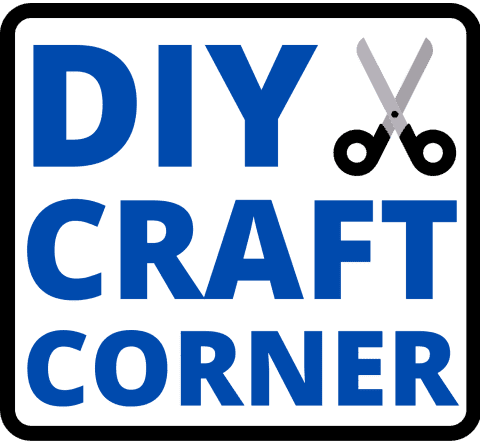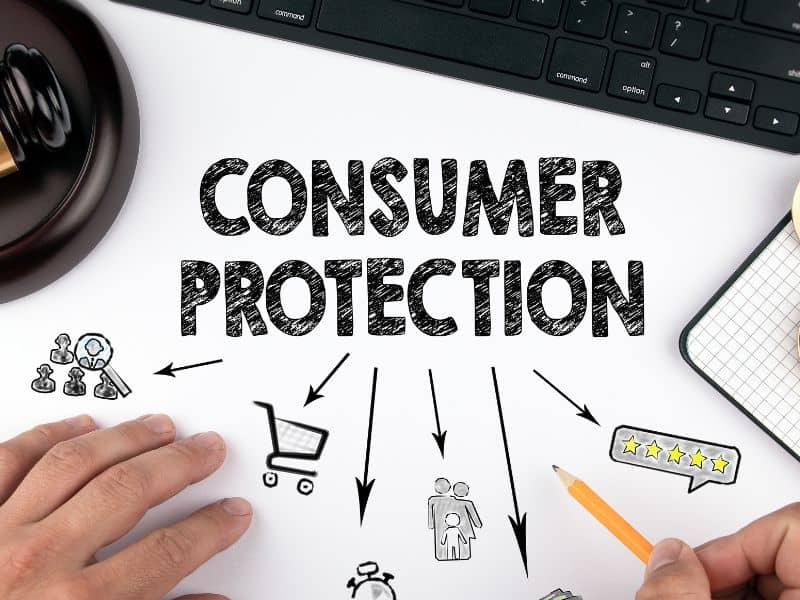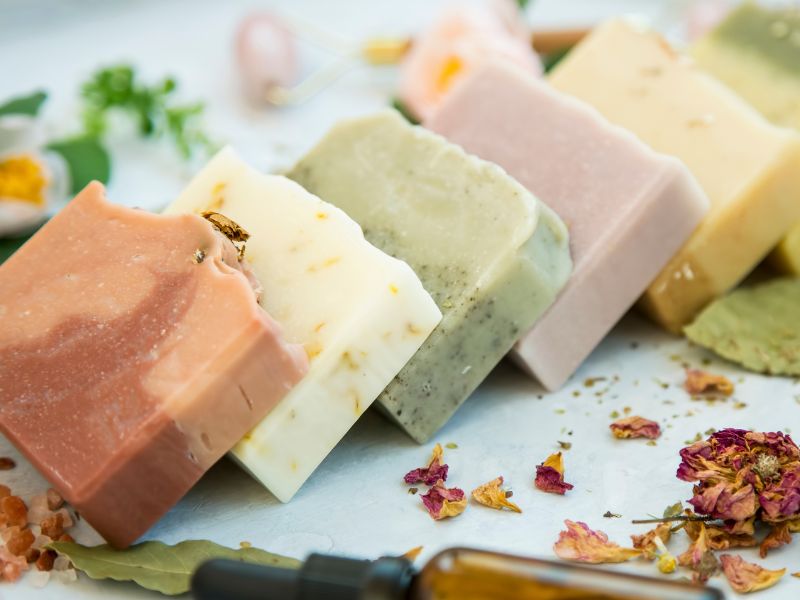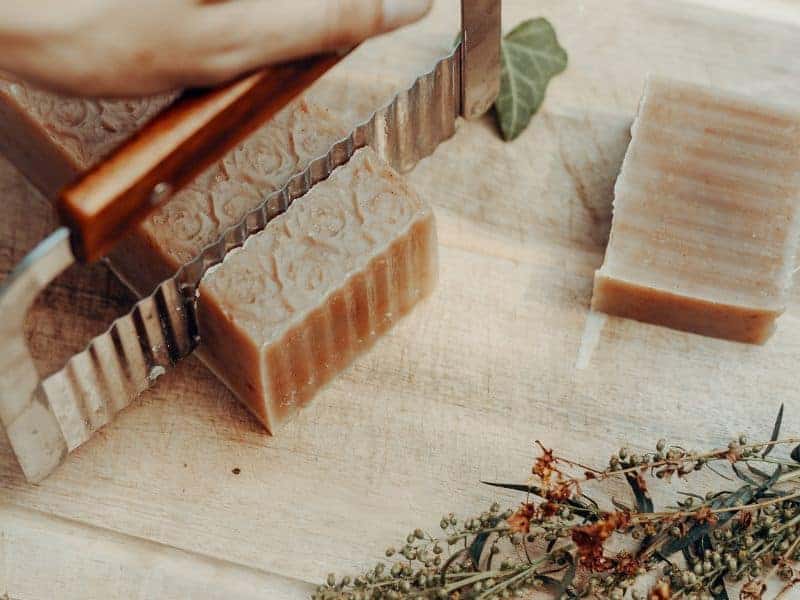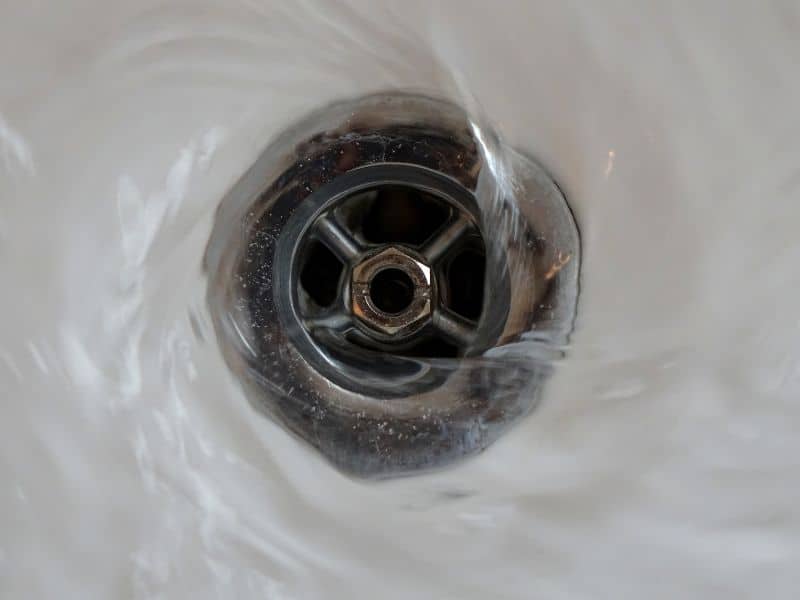Want to start a soap business but unsure if you need FDA approval? You’re not alone. Many entrepreneurs are uncertain about the regulation of soaps and other hygiene products, leading them to question whether they require FDA approval. We will help you understand these guidelines, you can ensure that your new business venture is off on the right foot!
You do not need FDA approval to sell soap. The FDA only gets involved if you are making specific health-related claims or claiming it can treat a medical condition. You also need to avoid using certain ingredients that are regulated or banned by the FDA.
The FDA does not regulate the sale of bar soaps, body washes, and other similar products. However, these products must comply with labeling requirements that are applicable to all cosmetics, including soaps.
When FDA Approval is Required
When the soap is classified as a drug
The FDA regulates products that are intended for therapeutic or medicinal use. If the soap is marketed for treating a specific skin condition, such as eczema or acne, it may be classified as a drug and require FDA approval. This includes making any therapeutic claims on the soap’s label or marketing materials.
When making claims about the soap’s benefits
If you make any claims about the benefits of your soap, such as moisturizing or exfoliating properties, the FDA may require you to provide evidence to support those claims. Failure to do so can result in regulatory action.
When using certain ingredients
Some ingredients used in soap-making, such as color additives, require FDA approval before they can be used in cosmetics. Additionally, certain ingredients may be restricted or prohibited altogether. For example, triclosan, an antibacterial ingredient, has been banned by the FDA in consumer soaps due to safety concerns.
How to Ensure Compliance
Understanding the regulations
It’s important to understand the FDA regulations that apply to soap-making to ensure compliance. This includes knowing which ingredients are restricted or prohibited, as well as labeling and packaging requirements.
Testing the soap for safety
While the FDA does not require pre-market approval for soap, it’s important to ensure that the soap is safe for consumer use.
Proper labeling and packaging
All soap sold in the US must be properly labeled and packaged according to FDA regulations. This includes providing a list of ingredients in descending order of predominance, using proper naming conventions, and including appropriate warnings or directions for use.
Importance of Legal Compliance in Soap Making
just like any other business, soap making requires legal compliance to ensure that it operates within the framework of the law.
Safety and Quality of Products
The regulations put in place by various regulatory bodies ensure that soap products are made using safe and quality ingredients. Compliance with these regulations also ensures that the soap products are free from harmful chemicals that could harm users.
Environmental Protection
Many regulatory bodies have put in place regulations that require soap manufacturers to use environmentally friendly practices. Compliance with these regulations ensures that the soap products do not harm the environment, and the manufacturing process does not cause pollution.
Protects Customers
The regulations put in place by regulatory bodies ensure that soap products are labelled correctly, and consumers are not misled. Compliance with these regulations also ensures that soap manufacturers do not make false claims about the benefits of their products.
Protects Soap Makers
Compliance with regulations ensures that soap manufacturers operate within the framework of the law, and they do not face legal consequences for breaking the law. Compliance also helps to build the reputation of the soap manufacturer, and this could lead to increased sales and profits.
Contributes Economically
Legal compliance helps to ensure that soap manufacturers contribute to the economy by paying taxes. Compliance with tax regulations ensures that soap manufacturers pay their fair share of taxes, and this revenue could be used to fund public projects and services.
All soap makers should work to comply with all the relevant regulations to operate within the framework of the law.
Soap Labeling Requirements
In addition to the FDA, the Consumer Product Safety Commission (CPSC) also regulates soap labeling in the United States. The CPSC is responsible for ensuring that consumer products, including soap, are safe for use.
The following are some of the legal requirements for soap labeling by the CPSC:
- Product name: The product name should be descriptive and not misleading.
- Net weight: The label must include the net weight of the soap.
- Manufacturer address: The label must include the manufacturer’s name and address.
- Ingredients or if it is “true soap”: The label must list all ingredients or indicate if the product is considered a “true soap” and exempt from ingredient listing requirements.
It’s important for soap makers to understand and comply with both FDA and CPSC requirements to ensure the safety and efficacy of their products, as well as to avoid regulatory action.
What is “True Soap” when it comes to labeling?
True soap is a type of soap that is made from natural ingredients, such as fats or oils, and an alkali, typically sodium hydroxide. This combination of ingredients creates a chemical reaction called saponification, which results in the formation of soap. True soap does not contain synthetic detergents or other additives that are commonly found in commercial soaps.
According to the FDA, very little soap sold today is considered true soap.
Today there are very few true soaps on the market. Most body cleansers, both liquid and solid, are actually synthetic detergent products. Detergent cleansers are popular because they make suds easily in water and don’t form gummy deposits. Some of these detergent products are actually marketed as “soap” but are not true soap according to the regulatory definition of the word.
https://www.fda.gov/cosmetics/cosmetic-products/frequently-asked-questions-soap
According to the FDA, true soap is exempt from certain labeling requirements, such as ingredient listing. However, soap makers must still follow labeling requirements related to the product name, net weight, and manufacturer address. In addition, any non-soap ingredients used in the soap-making process, such as fragrances or colorants, must be listed on the label.
Frequently Asked Questions
FDA approval may be required if the soap is classified as a drug, if making claims about the soap’s benefits, or if using certain ingredients.
Some requirements for soap labeling include a descriptive and non-misleading product name, net weight, manufacturer address, and ingredients or an indication of whether the product is considered a “true soap.”
Some examples of ingredients that may require FDA approval for soap include certain colorants, fragrances, and preservatives.
A “true soap” is a soap that is made solely from fats or oils and an alkali, and is exempt from ingredient listing requirements.
Examples of soap claims that may require FDA approval include claims to treat or prevent a disease, or to affect the structure or function of the body.
Soap makers should understand the regulations, test the soap for safety, and properly label and package the product.
Non-compliance with FDA regulations may result in regulatory action, such as warning letters, fines, or even seizure of the product.
Conclusion
In conclusion, soap-making does not generally require FDA approval, but there are certain circumstances in which it may be necessary. This includes when the soap is marketed for therapeutic purposes, making claims about the soap’s benefits, or using certain ingredients.
Compliance with FDA regulations is important to ensure the safety and efficacy of soap products, as well as to avoid potential regulatory action. For more information on FDA regulations for soap-making, visit the FDA’s website or consult with a regulatory expert.
